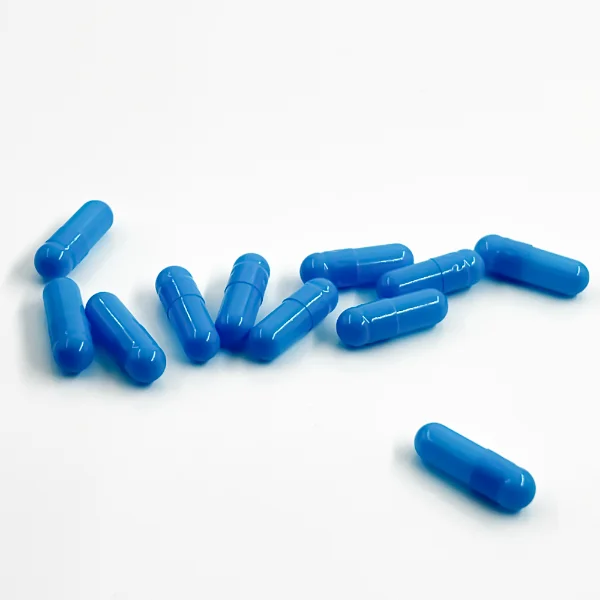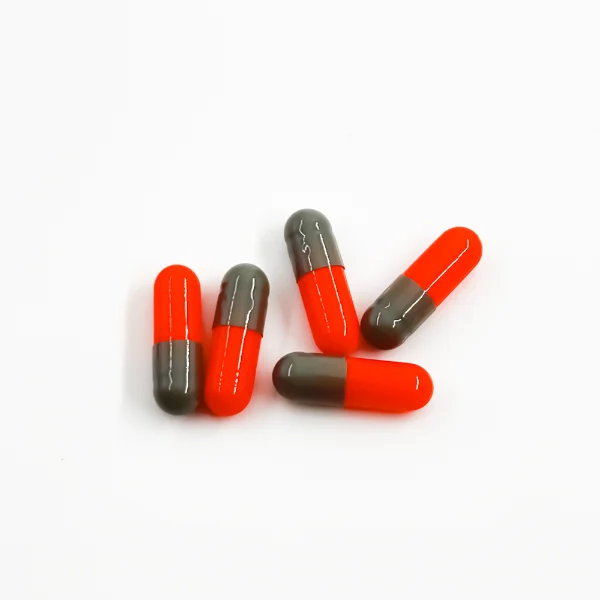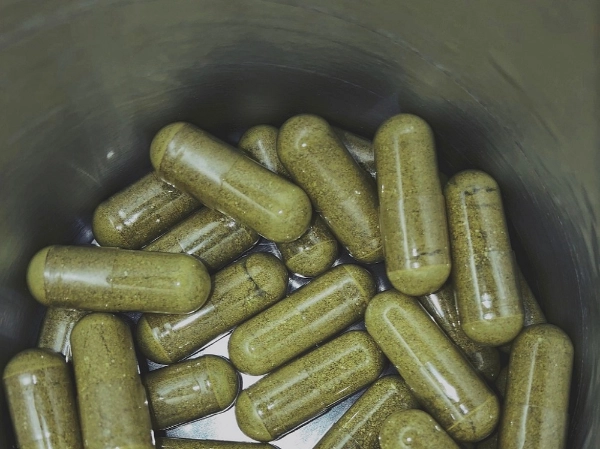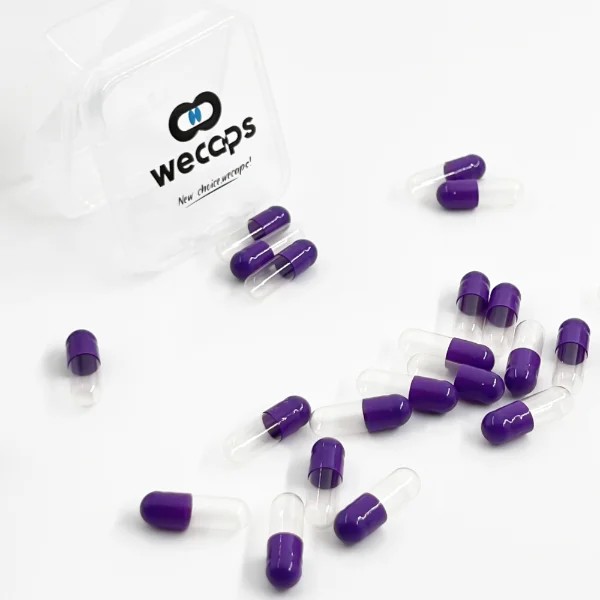How to Store Empty Enteric Coated Capsules?
Article source:Wecaps Mar 18, 2024 1098
Enteric coated capsules are used to encapsulate sensitive ingredients that need protection from stomach acid. These capsules have a special coating that allows them to pass intact through the stomach and dissolve in the intestines. In this blog post, Wecaps will share the best ways to store enteric coated capsules for sale to ensure they remain in optimal condition and ready for use in your formulations.
Understanding Enteric Coated Capsules
Before delving into storage methods, it's essential to understand the purpose and composition of enteric coated capsules. Enteric coating is a protective layer applied to capsules to prevent them from dissolving in the stomach's acidic environment. This coating typically consists of polymers that resist gastric acid but dissolve in the alkaline environment of the intestines. Enteric coated capsules are commonly used for drugs or supplements that may cause irritation or degradation in the stomach.

Ideal Storage Conditions
1. Temperature: Store empty enteric coated capsules in a cool and dry environment. The ideal temperature range is typically between 15°C and 25°C (59°F and 77°F). Avoid exposing them to extreme heat or cold, as it can compromise the integrity of the capsules.
2. Humidity: Moisture can cause enteric coated capsules to soften or dissolve prematurely. Therefore, it is crucial to store them in a low humidity environment. Aim for a relative humidity level below 60% to prevent moisture absorption.
3. Light: Protect empty enteric coated capsules from direct sunlight or excessive exposure to artificial light. UV radiation can degrade the enteric coating, leading to premature dissolution.
4. Air Quality: Ensure that the storage area is free from dust, fumes, or any other contaminants that could potentially affect the capsules' quality.
Suitable Containers for Storage
1. Airtight Containers: Opt for containers that provide an airtight seal to prevent moisture and air from entering. Examples include glass jars with rubber gaskets or high-quality plastic containers with tight-fitting lids.
2. Desiccant Packs: Place desiccant packs inside the storage container to absorb any residual moisture and maintain a dry environment. Silica gel packs are commonly used for this purpose.
3. Dark-Colored Containers: Select containers that are opaque or dark-colored to protect the capsules from light exposure. This helps to preserve the integrity of the enteric coating.
Extending Shelf Life
To maximize the shelf life of empty enteric coated capsules, consider the following tips:
1. Rotation: Implement a first-in, first-out (FIFO) system to ensure that older capsules are used before newer ones. This practice helps prevent capsules from sitting in storage for extended periods.
2. Regular Inspection: Periodically inspect the capsules for any signs of damage, such as cracks or discoloration. Discard any capsules that appear compromised.
3. Temperature Monitoring: Use a thermometer to monitor the storage area's temperature regularly. This allows you to identify any fluctuations that could potentially affect the capsules' stability.
4. Proper Handling: Always handle empty enteric coated capsules with clean, dry hands or gloves to avoid contamination. Moisture or oils from your hands can compromise the enteric coating.

Enteric coated capsules need to be stored in a cool, dry, low-humidity environment and avoid direct sunlight. Choose suitable airtight containers and consider using desiccant packs to absorb moisture. Check the capsules regularly for any signs of damage and handle them with clean, dry hands or gloves. By implementing these measures, you can extend the shelf life of your enteric coated capsules and ensure they perform optimally in your medications or supplements.
Frequently Asked Questions
1. Can enteric coated capsules be stored in the refrigerator?
While storing empty enteric coated capsules in the refrigerator is not necessary, it can help prolong their shelf life. However, it is important to ensure they are kept in a moisture-proof container to prevent condensation.
2. How long can enteric coated capsules be stored?
The shelf life of empty enteric coated capsules can vary depending on the specific product and manufacturer. It is best to refer to the packaging or consult the manufacturer for specific storage recommendations and expiration dates.
3. Can enteric coated capsules be reused?
Reusing empty enteric coated capsules is generally not recommended. These capsules are designed to dissolve and release their contents in the intestines, and their integrity may be compromised after use. It is safer and more hygienic to use new capsules for each dosage.
Related News of Enteric Coated Capsules
Manufacturing and Quality Control of Empty Enteric Coated Capsules
Solubility of Empty Enteric Coated Capsules: A Comprehensive Guide
Why Choose Empty Enteric Coated Capsules as Your Probiotic Delivery Format?





